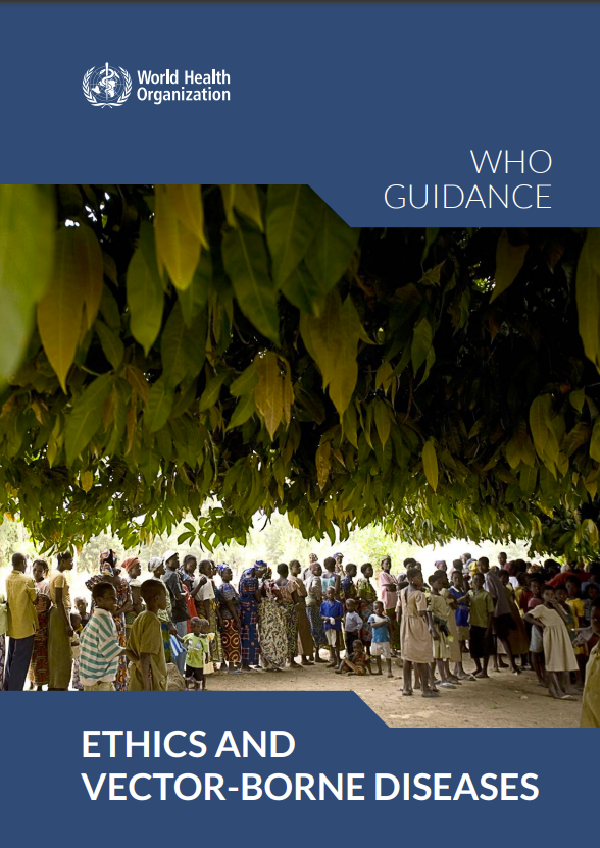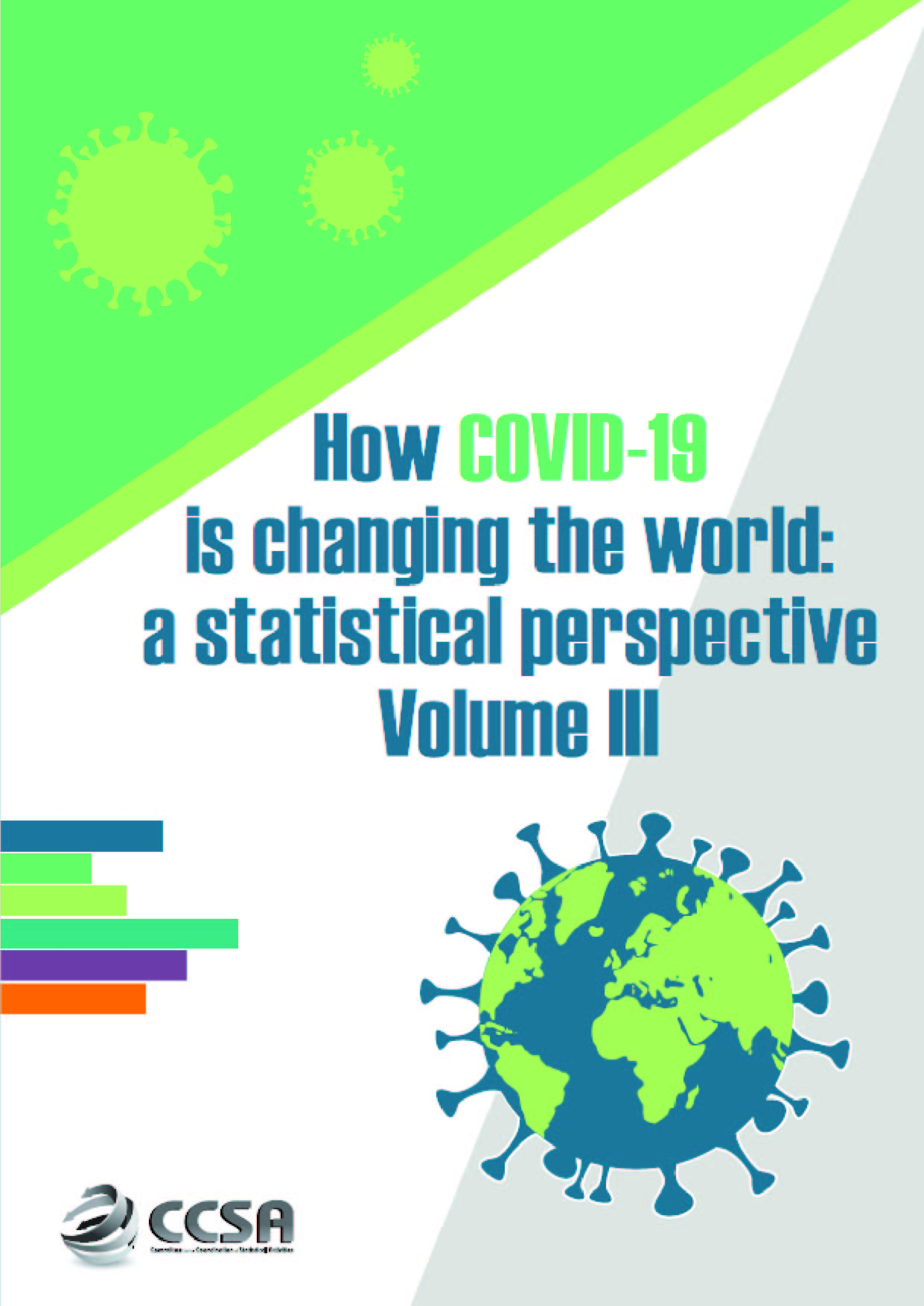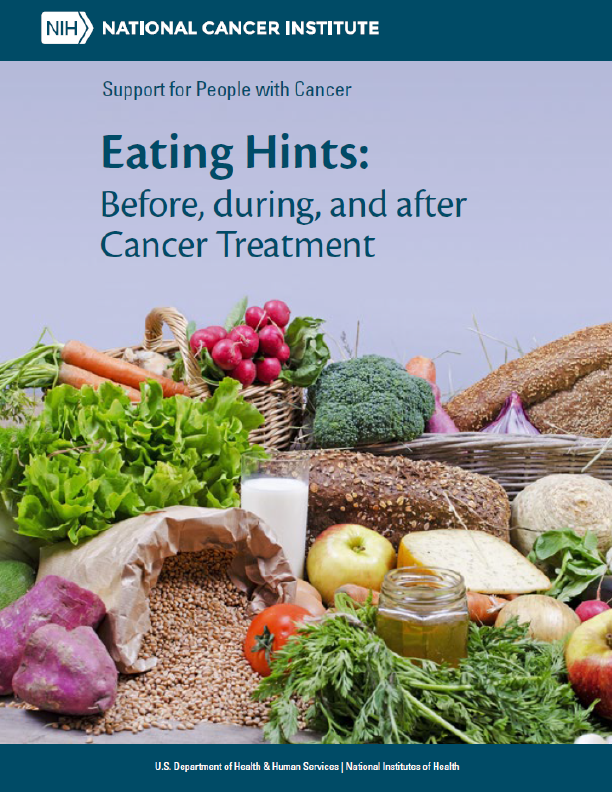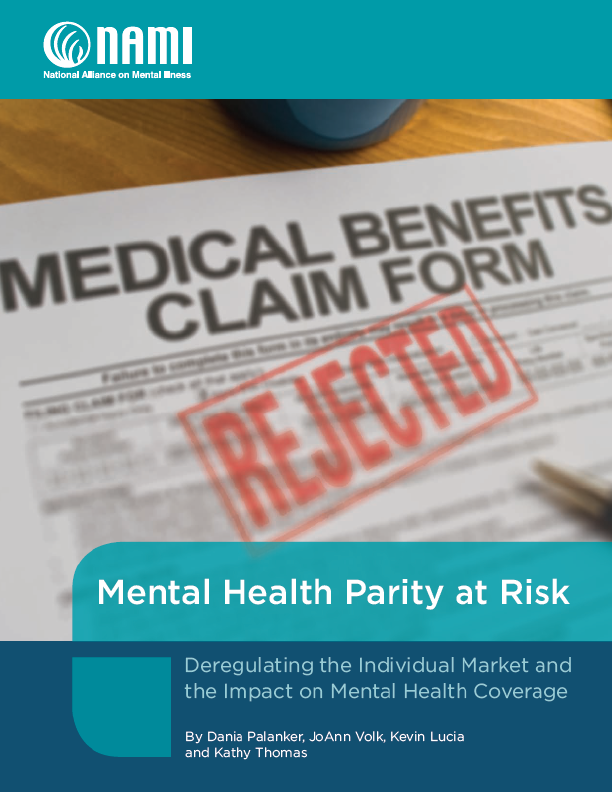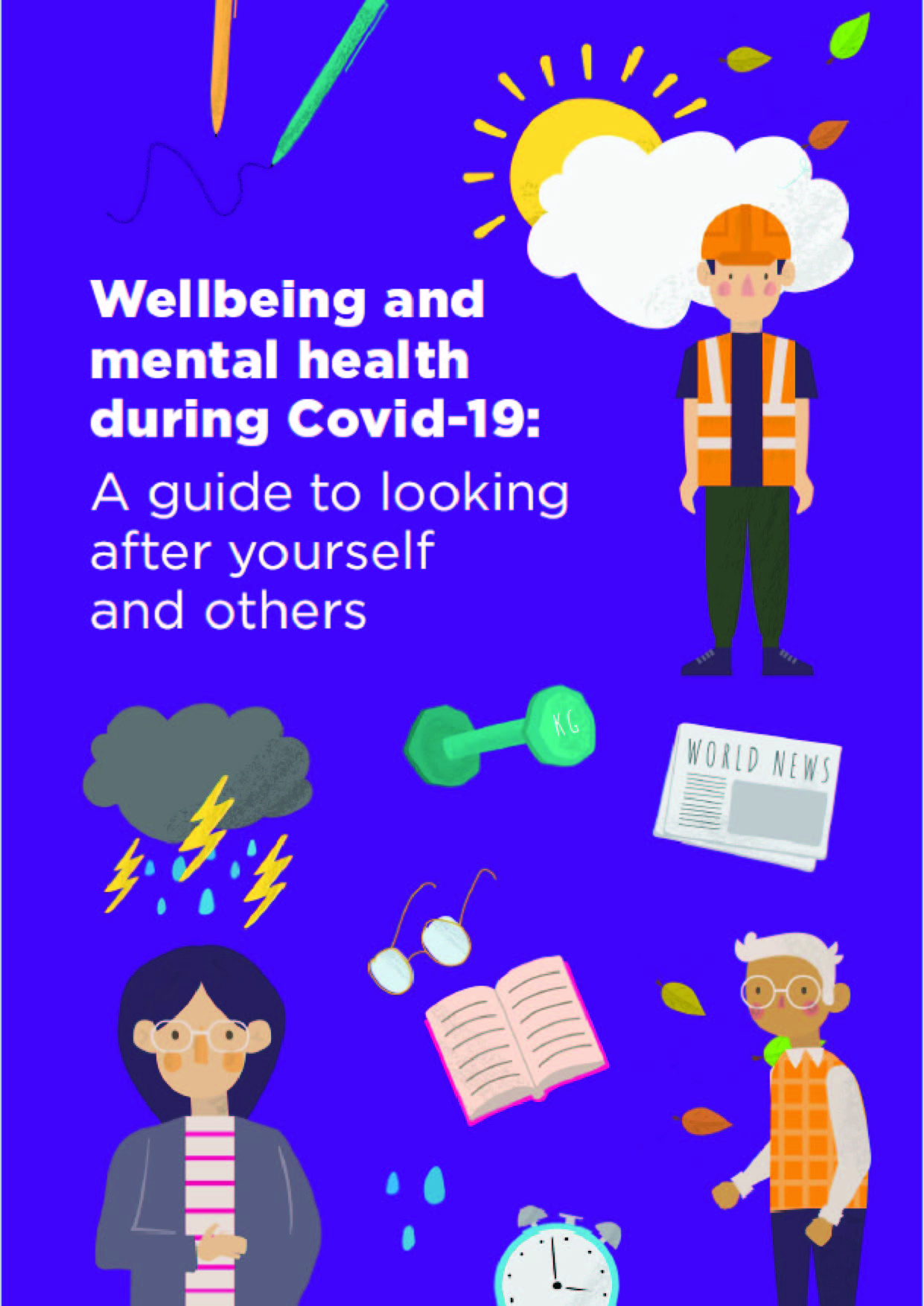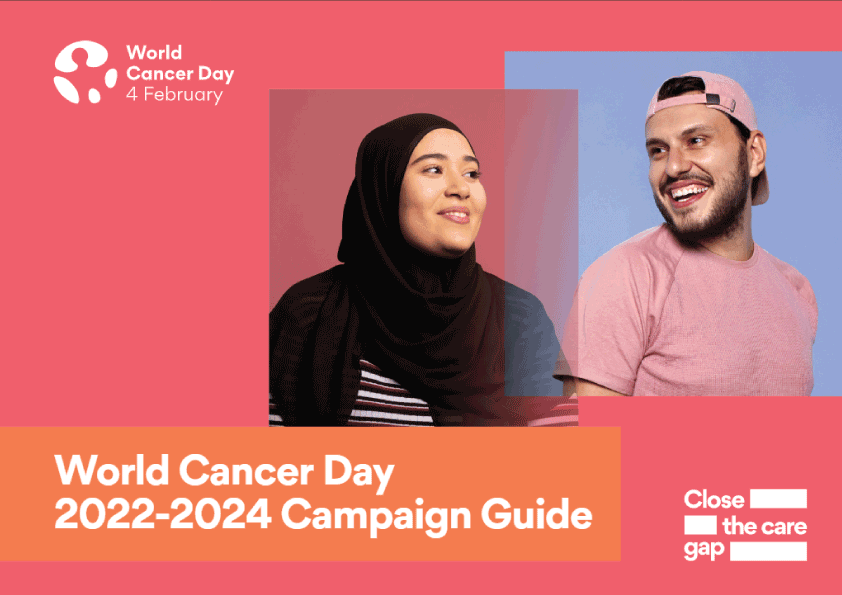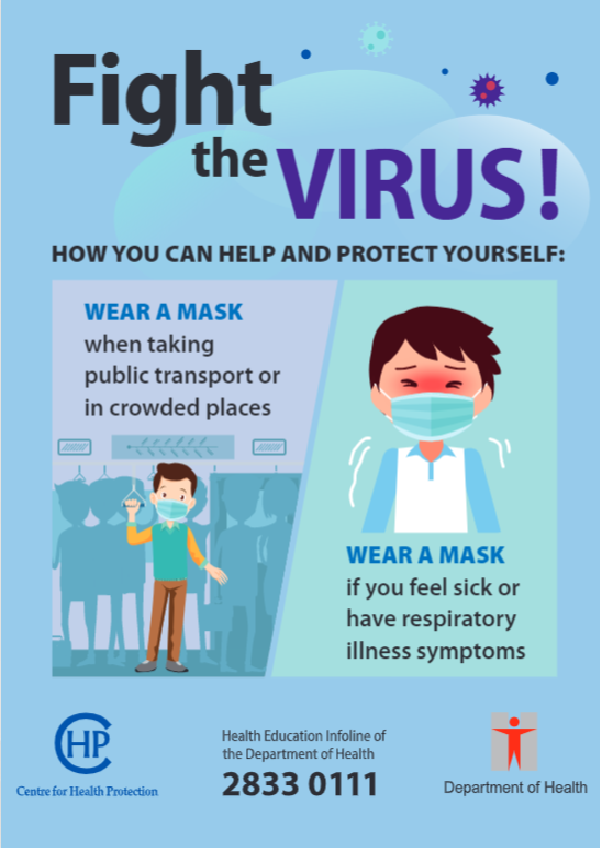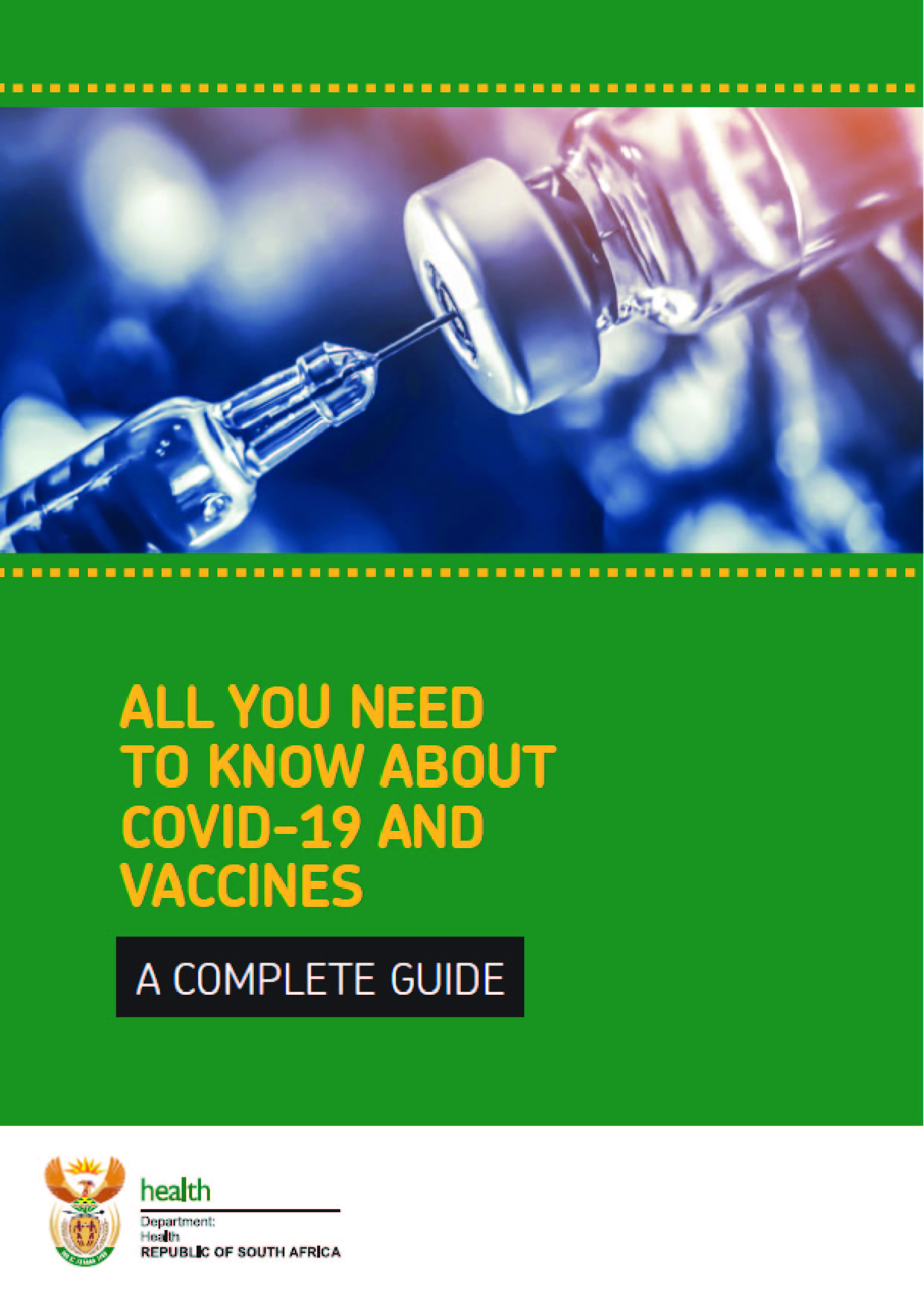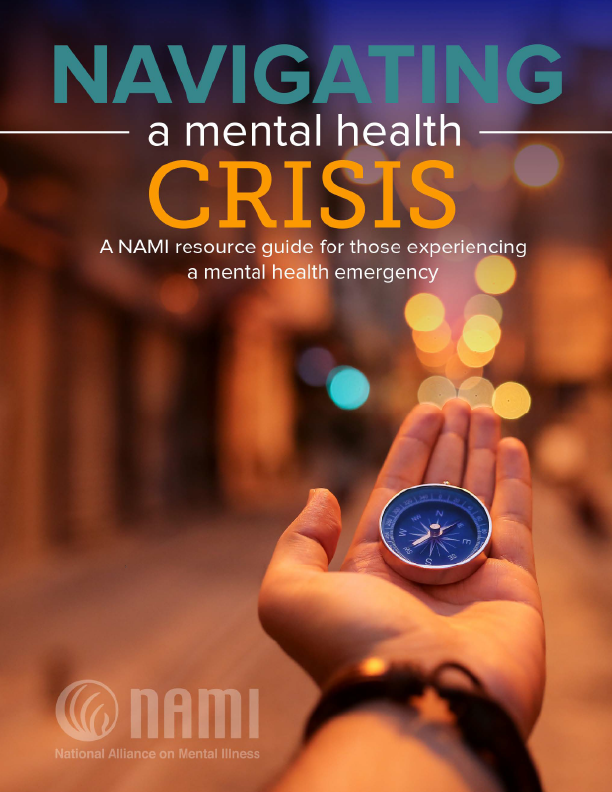Vector-borne diseases (VBDs) are a major contributor to global morbidity and mortality and have a disproportionate impact on the world’s poorest populations. However, despite the growing burden and threat of VBDs to individuals, families and societies, the significant ethical issues raised by VBDs have received only limited attention. Recognizing this gap, WHO developed this guidance to help programs and staff working in VBD prevention and control identify and respond to the core ethical issues at stake.
The guidance was developed by an international group of experts in vector control, infectious disease ethics, maternal and child health, ecology and climate change, research and vaccine development, and public health communication. It examines a broad range of ethical considerations related to VBD prevention and control, including the social and environmental determinants of health; vector control methods, including emerging technologies; screening, surveillance and research; vaccine campaigns; and mass drug administration. Grounded in a multidisciplinary framework, the guidance emphasizes the critical role of community engagement in designing and implementing an appropriate, sustainable public health response.
Beginning with the emergence of human settlements 15 000 years ago, vector-borne diseases have been a major contributor to global morbidity and mortality. In 2017, in recognition of the growing burden and threat of vector-borne diseases to individuals, families and societies, the World Health Organization (WHO) issued a comprehensive Global Vector Control Response Strategy for 2017–2030 (1), which outlines plans to strengthen vector control worldwide through increased capacity, improved surveillance, better coordination, and integrated action across sectors and diseases. Shortly after this strategy was released, the World Health Assembly, in 2017, adopted resolution WHA70.16, which, among other things, called on the organization to provide guidance on the ethical issues associated with vector control implementation.
Recognizing the lack of previous attention to the ethical issues raised by the management of vectorborne diseases, WHO organized a scoping meeting in Geneva on 23–24 February 2017 to identify the relevant ethical considerations and lay the groundwork for future guidance. The meeting brought together key stakeholders in vector control, maternal and child health, ecology and climate change, research and vaccine development, infectious disease ethics, and public health communication.
The scoping meeting identified several aspects of vector-borne diseases that raise significant ethical issues. First, many vector-borne diseases are neglected diseases, with a disproportionate impact on the world’s poorest populations. This neglect manifests itself in insufficient resources devoted to surveillance and control measures, including inadequate support for research and development of drugs, vaccines, newer vector control approaches, and other potentially beneficial interventions. Vectorborne diseases therefore implicate fundamental issues of global social justice.
Second, unlike other infectious diseases, vectorborne diseases are transmitted between humans via other living beings – the vectors. Because vaccines or drug treatments exist for only a few of the pathogens transmitted by vectors, the primary method for controlling many vector-borne diseases is to control the vectors directly through population-level interventions. The success of these interventions depends on collective action by many or all community members, often without the possibility of individual consent. Although such actions are intended to benefit the entire community, this does not mean that all individuals within the community will benefit equally or be exposed to equivalent burdens or risks.
Finally, some vector control methods currently being researched involve the genetic modification of mosquitoes and other vectors. These interventions have the potential to produce significant public health benefits, but they may also involve risks or uncertain consequences for human health and the environment. Some genetic vector control interventions, especially gene drives, are likely to be associated with potentially irreversible changes to vector populations that may spread across national borders.
Following publication of a report summarizing the discussions at the scoping meeting (3), WHO convened a larger expert advisory group to contribute to the development of this guidance. The group met in Vienna on 7–9 May 2018 to identify key issues for inclusion in the guidance, and a subgroup met in Washington, DC, on 4–5 February 2019 to begin work on a first draft. The full advisory group met again in Geneva on 23–25 July 2019 to review and refine a working draft, which was then sent out to a diverse group of international technical experts for comment. This document reflects the input of all of these contributors.
The primary audience for this guidance is persons working directly in vector-borne disease prevention and control, including programme managers, researchers and field workers. A brief technical background is provided for the benefit of persons without expertise in vector-borne diseases; readers working in the field may wish to skip the background section and begin with the discussion of ethical issues and values in Chapter 3. The guidance cannot offer universally applicable answers to the complex ethical issues raised, nor can it provide a checklist of issues that are necessarily relevant in all situations. Rather, its goal is to help readers recognize aspects of their work that raise significant ethical challenges and to respond to these challenges in accordance with internationally accepted values and norms.
